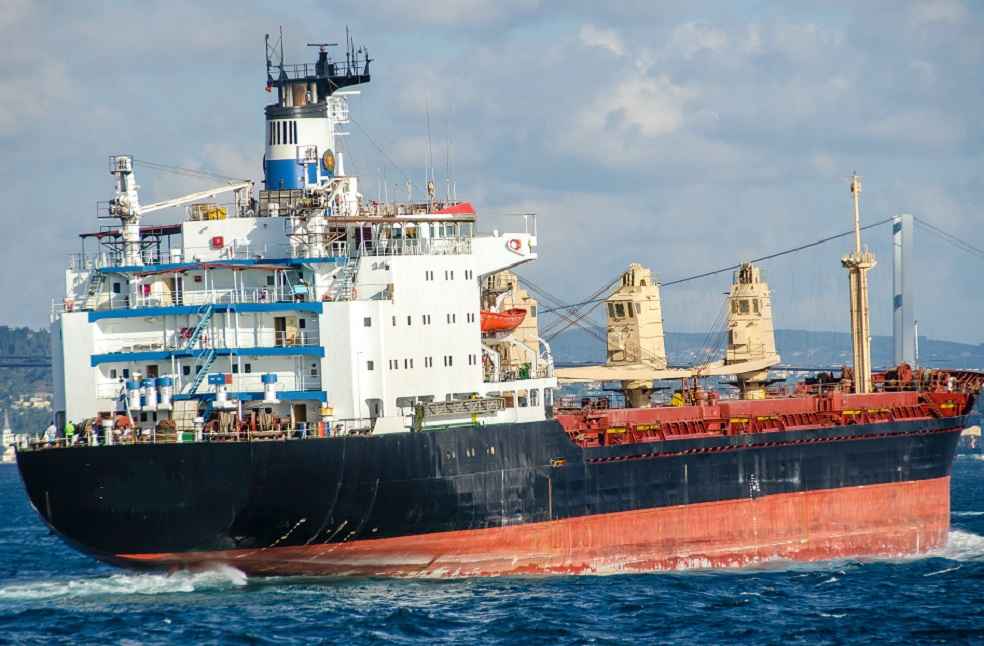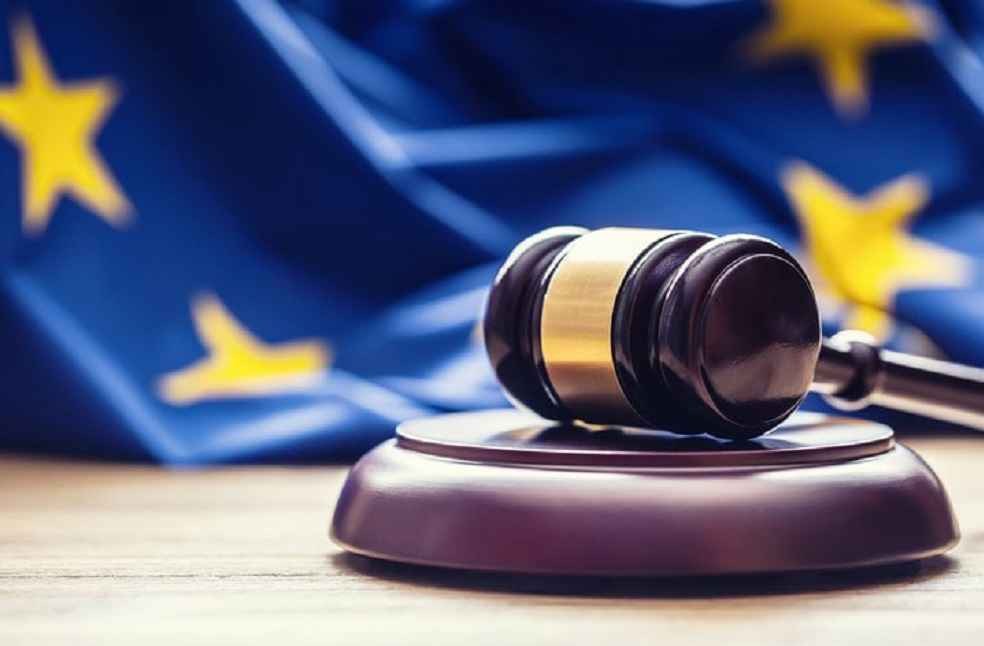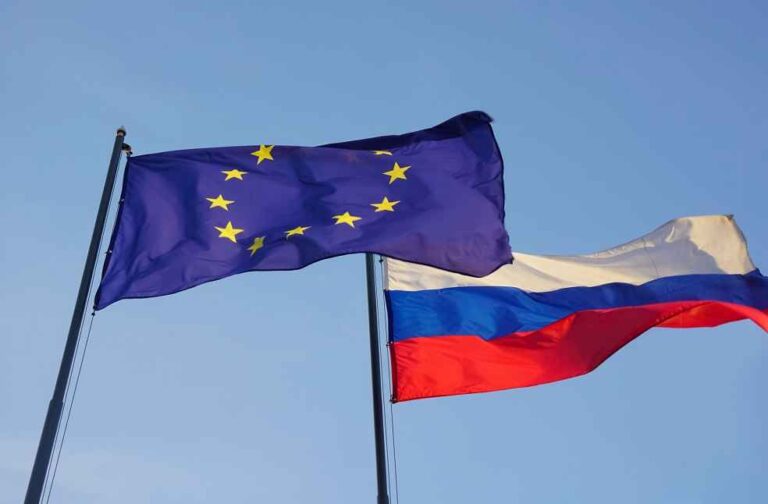Brussels has outlined further details on its plan to ban Russian gas imports by 2027 as part of efforts to break the European Union’s long-standing reliance on Russian energy—a challenge that has grown more urgent since Moscow’s invasion of Ukraine.
During an address in Strasbourg on Tuesday, EU Energy Commissioner Dan Jørgensen presented a comprehensive plan to end fossil fuel imports from Russia by 2027 after receiving approval from the senior leadership team led by Commission President Ursula von der Leyen.
The European Commission confirmed that no new Russian gas contracts will be allowed after January 1, 2026, while existing short-term agreements must conclude by June 17, 2026. All remaining gas imports from Russia will be gradually eliminated by the end of 2027.

A draft document obtained by POLITICO ahead of its release outlines plans to end the EU’s reliance on Russian gas, citing serious trade and security risks. It proposes a phased ban on natural gas imports from Russia, along with new regulations to ensure the ban is properly enforced and monitored.
Unlike earlier sanctions, the proposed ban would be enforced through trade and energy legislation to avoid resistance from member states such as Hungary and Slovakia, which maintain relatively close ties with Moscow and continue importing Russian pipeline gas. The measure still requires approval from both the European Parliament and the European Council, which represents the EU’s member nations.
Jørgensen clarified that the proposal to eliminate Russian fossil fuels is not directly tied to the full-scale invasion of Ukraine. Instead, he stated the ban is being introduced because Russia has used energy supplies as a weapon and has blackmailed EU member states, making it an unreliable trading partner. He emphasized that the ban will remain in place regardless of whether peace is eventually achieved.

EU importers will be obligated to disclose detailed gas origin data to customs authorities to prevent disguised Russian supplies from entering under alternative national labels.
Since banning most Russian oil in late 2022, the EU has steadily worked to scale back its reliance on Russian gas. While pipeline deliveries have declined sharply, some member states have increased imports of Russian liquefied natural gas (LNG) transported by sea.
According to EU figures, Russia still accounted for 19% of the bloc’s gas supply in 2023—down from 45% before the conflict began. Of that volume, 32 billion cubic meters were delivered via the TurkStream pipeline and another 20 billion through LNG shipments.
TRADE WORLD | Trade Deal Eludes as Japan and U.S. Fail to Reach Resolution



